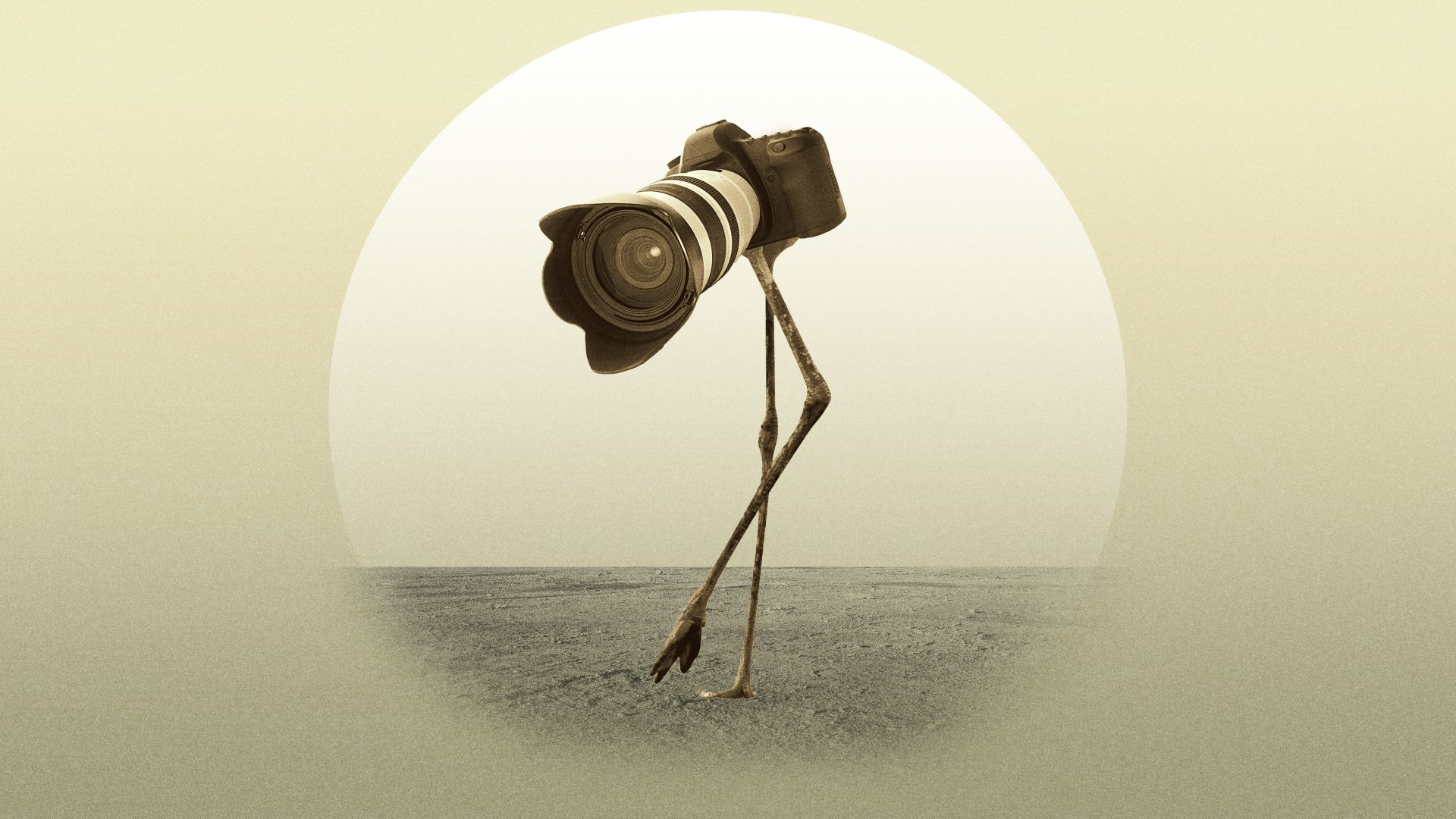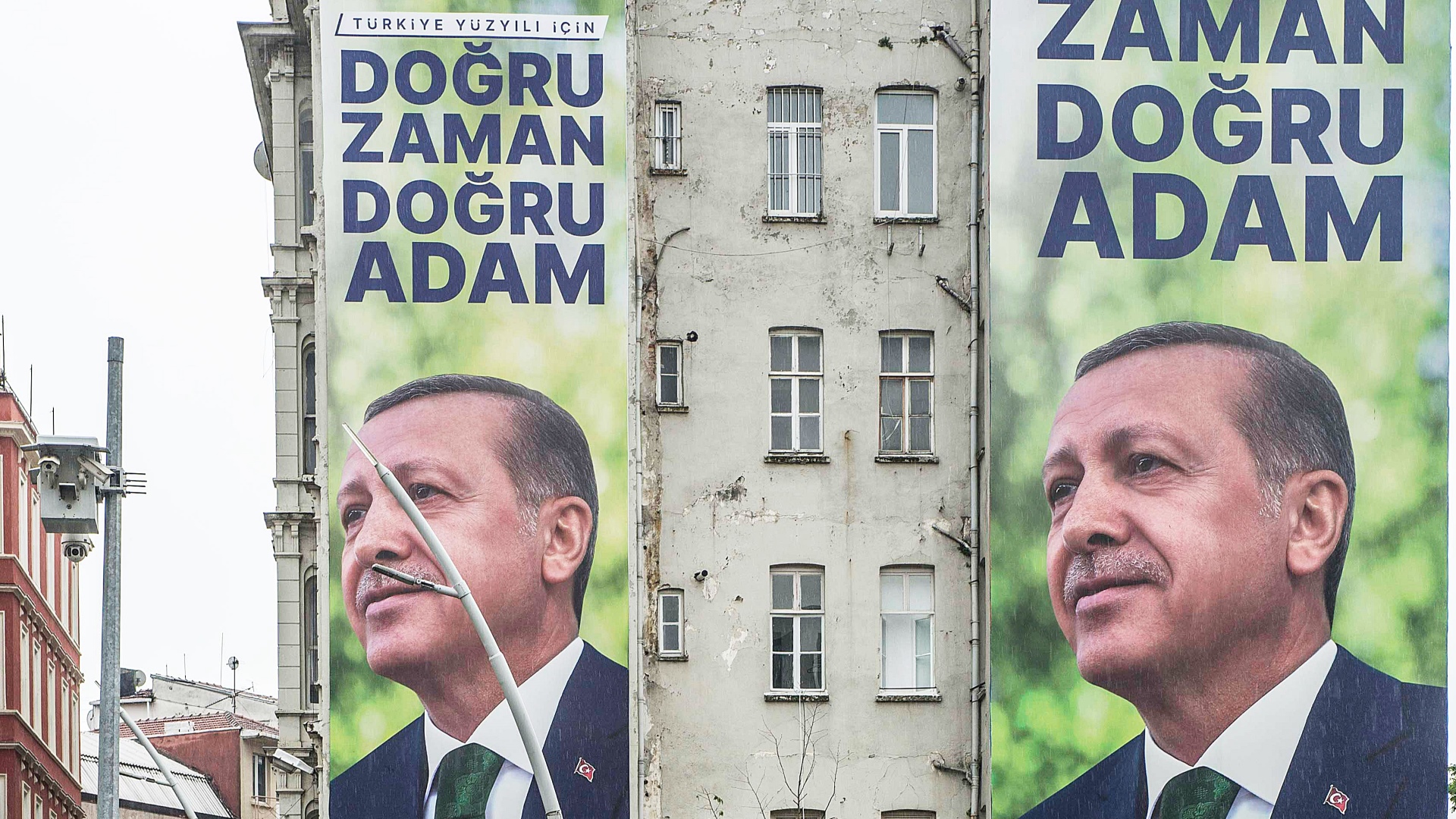Last week’s New York car chase in which a pack of paparazzi pursued Harry and Meghan like latter-day Furies, allegedly at high speed, must have been terrifying. The couple escaped when their security guard hailed a yellow taxi – a getaway trick learnt from the movies.
Any chase like this evokes the death of Diana. Some of those photographers in 1997 even photographed her as she lay dying in the wreckage. So it’s not surprising that Harry despises press photographers who treat their subjects as prey.
Bruce Cotler, president of the New York Press Association, put out a statement affirming that the basic principle of photojournalism is “to cover the news as documentarians and observers” and that the alleged behaviour of some photographers that night went against the code of ethics to which any self-respecting professional photographer is expected to adhere. As reported in the New York Times, however, paparazzi dispute the account, claiming the couple were never in any danger. One press agency even responded to a request from the couple’s legal team to hand over footage by pointing out that in the US property belongs to its owners and you can’t just demand that it be handed over, even if you’re royalty.
Laws and conventions about photographing people in public places differ considerably. In the US, the first amendment protection of extensive free expression means that taking and publishing images of people in public is a protected right. And the photographer owns the images. If you’re in public, you’re fair game.
In contrast, in France (ironically, considering what happened in that tunnel), unless your photographs of strangers or famous people contribute to the exchange of ideas that are “indispensable to a democratic society”, you may be prosecuted for publishing them. Also, it’s safest there to ask your subjects’ permission before taking their picture (and “taking” is how it is perceived) as snapping without consent can be considered an infringement of their privacy. Article 9 of France’s Civil Code stipulates that “everyone has the right to respect for his or her private life”. Different judges enforce that differently in relation to photography, but the noble tradition of candid French street photography has been damaged by several test cases.
Moral claims to privacy in relation to images taken while in a public space are complicated. Philosophers haven’t adequately discussed these. Even in the age of digital manipulation and deep fakery, photojournalism is a key element of a free press. And the more poetic “decisive moment” school of photography associated with Henri-Cartier Bresson, which captures unknowing subjects in moments that symbolise far more about life in cities than they literally depict, has great cultural value. Both photographic traditions – reportage and visual poetry – rely on a freedom to take and use others’ images without consent.
Respect for private and family life is protected in clause 8 of the Human Rights Act and the worst kind of journalists and photojournalists ignore this by intruding into families’ lives at their most vulnerable moments. But should we think of ourselves as morally deserving of protection of our privacy from photography when we leave the privacy of our homes? And what of those celebrities who court photo publicity? They seem to have given implicit consent to be photographed. Shouldn’t they be treated differently from anonymous individuals?
In the UK, of course, famous or not, when we are in the street we are probably being videoed – by a surveillance camera. But what if someone published an unflattering or compromising still from that footage, would that be a morally significant infringement of privacy? Unless you were a crime suspect, it would feel like that. If you thought about it coolly, though, I hope you would agree that it is better that we have a situation where people can publish candid images of others in public with impunity than one that polices such practices, as in France.
My preferred solution is not to demand a right to privacy when in public (this would disproportionately protect the powerful from scandal and curb photojournalism), nor to claim that individuals by default hold enforceable rights to images made of them, but rather to question and criticise the ethics of those photographers who show so little concern for the predictable effects of what they do. And we should, of course, continue to shame media organisations that operate outside any recognisable moral sphere.



